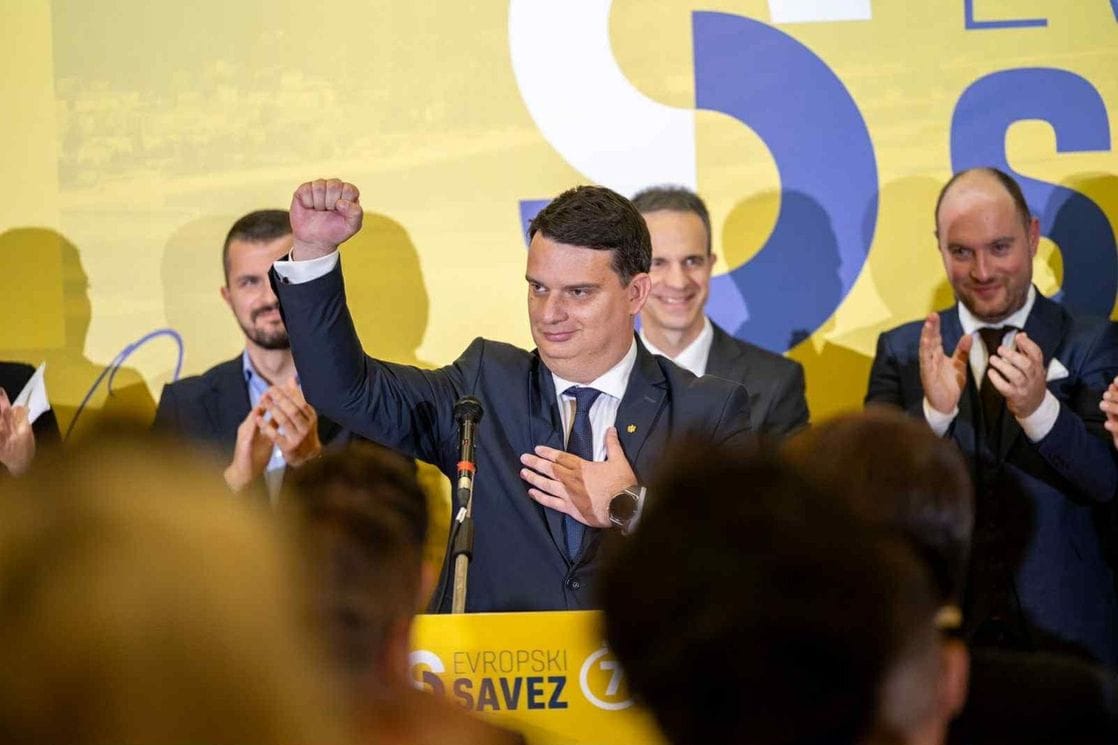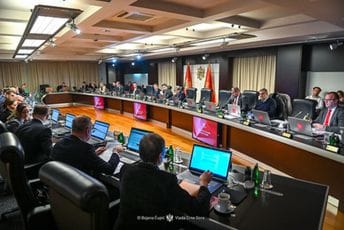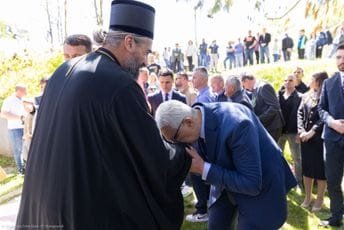The President of the Budva Municipal Assembly, Petar Odžić, expressed criticism towards the current government in Budva and Prime Minister Milojko Spajić. Odžić emphasized that the government in Budva will not last only a short time but plans to stay for four years and longer, and that the government has shown how to work at the state level. He criticized the introduction of right-wing politics and nationalist themes, stressing that national affiliation should not be decisive in solving citizens’ problems. He also criticized Prime Minister Spajić for, as he says, personal interests and focus on cryptocurrencies, while describing the government in Budva as a conglomerate of parties that cannot last long. Odžić expressed concern about the influence of the Serbian Orthodox Church and believes Montenegro can only survive on antifascist values and the European path.
Political Perspectives:
Left: Left-leaning reports emphasize the criticism of nationalist and right-wing politics in Budva, highlighting Odžić’s concerns about the negative impact of such politics on social cohesion and the importance of antifascist values and European integration. They focus on the critique of the current government as a conglomerate of parties and the personal interests of the Prime Minister, framing it as a failure to address citizens’ real problems.
Center: Center-leaning coverage tends to present a balanced view, reporting Odžić’s statements factually without strong editorializing. They highlight the political tensions in Budva, the criticism of the government and Prime Minister Spajić, and the emphasis on maintaining a full government mandate. The focus is on the political dynamics and the challenges of governance in Budva.
Right: Right-leaning narratives may downplay the criticism of the government and emphasize the importance of national identity and the role of the Serbian Orthodox Church. They might frame Odžić’s comments as politically motivated or as part of normal political opposition. The emphasis could be on preserving traditional values and skepticism towards European integration narratives.


















